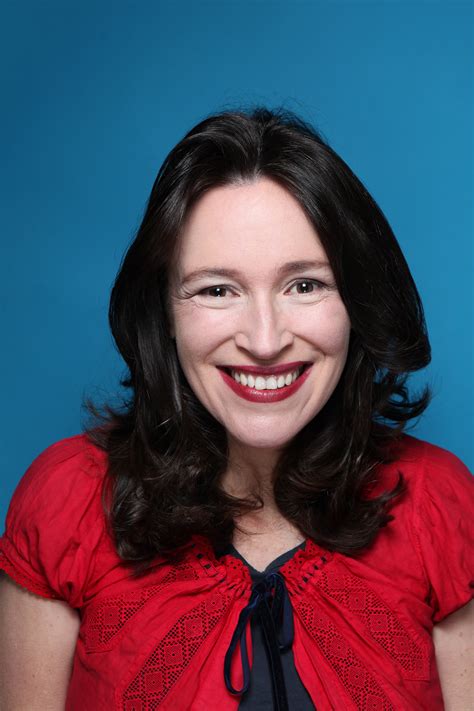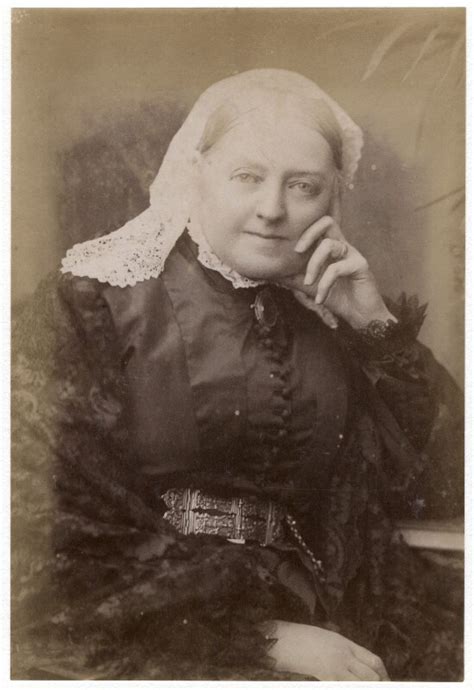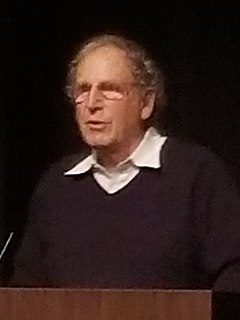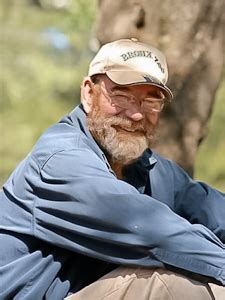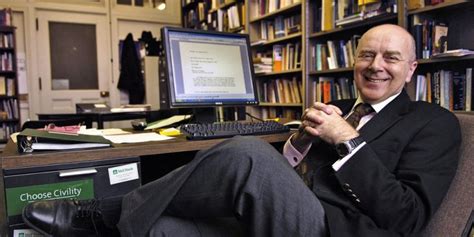A Quote by Nikki Gemmell
Our natural and happiest life is when we lose ourselves in the exquisite absorption of home.
Related Quotes
I'll admit that the discovery of evolution is humbling, but it is also empowering. It transforms our relationship to the life around us. Instead of being outsiders watching the natural world go by, we are insiders. We are part of the process; we are the exquisite result of billions of years of natural research and development.
It is difficult to see ourselves as we are. Sometimes we are fortunate enough to have good friends, lovers or others who will do us the good service of telling us the truth about ourselves. When we don't, we can so easily delude ourselves, lose a sense of truth about ourselves, and our conscience loses power and purpose. Mostly, we tell ourselves what we would like to hear. We lose our way.
The most profound question is, "What would I risk dying for?" The natural answer is "for my family." But for most of history, we didn't live in families. We lived in small communities that gave us our sense of safety and place in the world, so the natural answer would be "for my people." The blessing and the tragedy of modern life is that we don't need our community to survive anymore. When we lose that idea, we lose a sense of who we are.
Time is clearly not our natural dimension. Thus it is that we are never really at home in time. Alternately, we find ourselves wishing to hasten the passage of time or to hold back the dawn. We can do neither, of course, but whereas the fish is at home in water, we are clearly not at home in time--because we belong to eternity.
As we lose our vagueness about ourself, our values, our life situation, we become available to the moment. It is there, in the particular, that we contact the creative self. Art lies in the moment of encounter: we meet our truth and we meet ourselves; we meet ourselves and we meet our self-expression .
Rather, it is the opening or the interruption that allows us to experience what is hidden, and to accept with our hearts our given situation. When film does this, when it subverts our absorption in the temporal and reveals the depths of our own reality, it opens us to a fuller sense of ourselves and our world. It is alive as a devotional form.
There exists a law, not written down anywhere but inborn in our hearts; a law which comes to us not by training or custom or reading but by derivation and absorption and adoption from nature itself; a law which has come to us not from theory but from practice, not by instruction but by natural intuition. I refer to the law which lays it down that, if our lives are endangered by plots or violence or armed robbers or enemies, any and every method of protecting ourselves is morally right.
Conversation in its happiest development is a link, equally exquisite and adequate, between mind and mind, a system by which men approach one another with sympathy and enjoyment, a field for the finest amenities of civilization, for the keenest and most intelligent display of social activity. It is also our solace, our inspiration, and our most rational pleasure. It is a duty we owe to one another; it is our common debt to humanity.
Why do we so mindlessly abuse our planet, our only home? The answer to that lies in each of us. Therefore, we will strive to bring about understanding that we are--each one of us--responsible for more than just ourselves, our family, our football team, our country, or our own kind; that there is more to life than just these things. That each one of us must also bring the natural world back into its proper place in our lives, and realize that doing so is not some lofty ideal but a vital part of our personal survival.
Poetical feelings are a peril to scholarship. There are always poetical people ready to protest that a corrupt line is exquisite. Exquisite to whom? The Romans were foreigners writing for foreigners two millenniums ago; and for people whose gods we find quaint, whose savagery we abominate, whose private habits we don't like to talk about, but whose idea of what is exquisite is, we flatter ourselves, mysteriously identical to ours.
